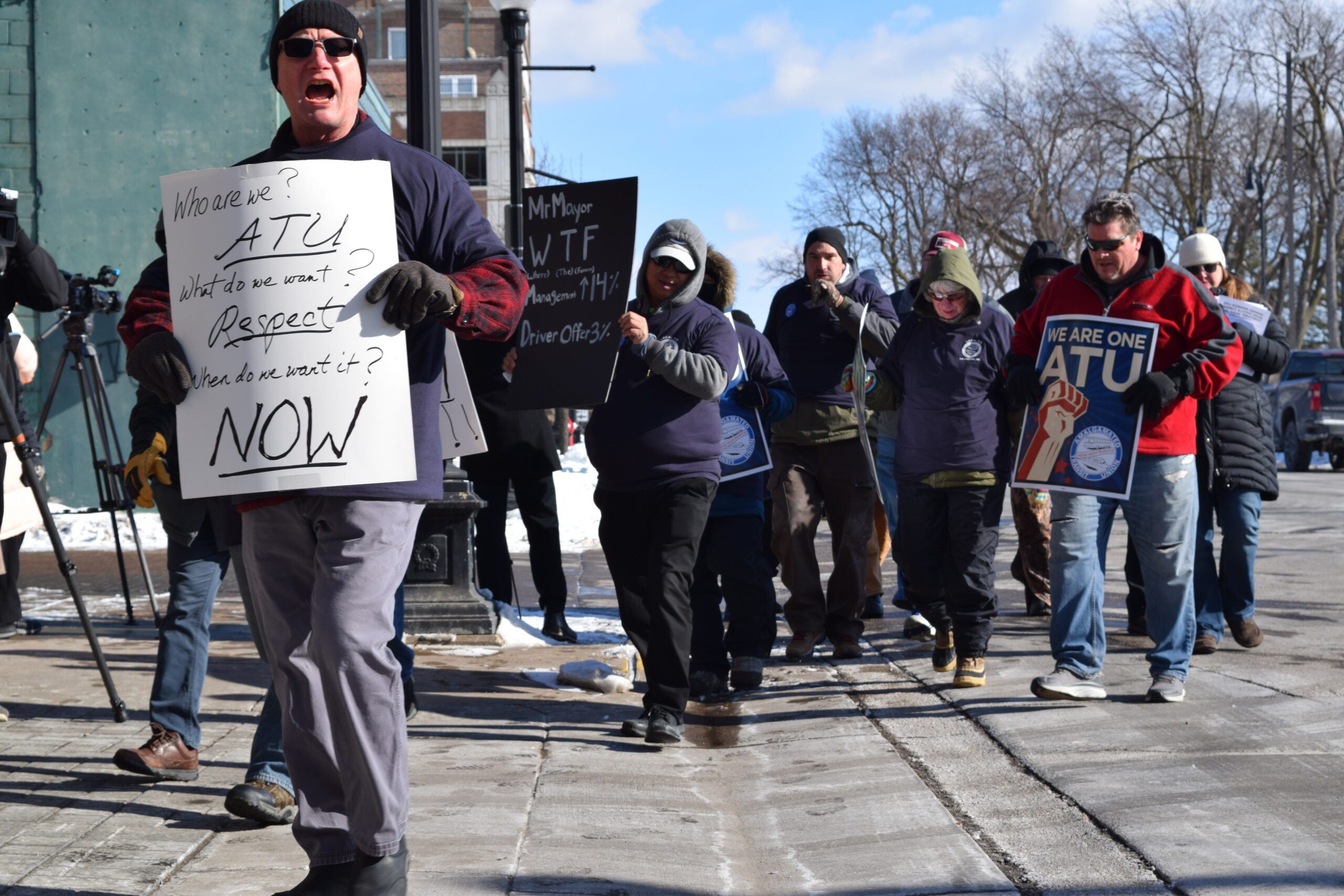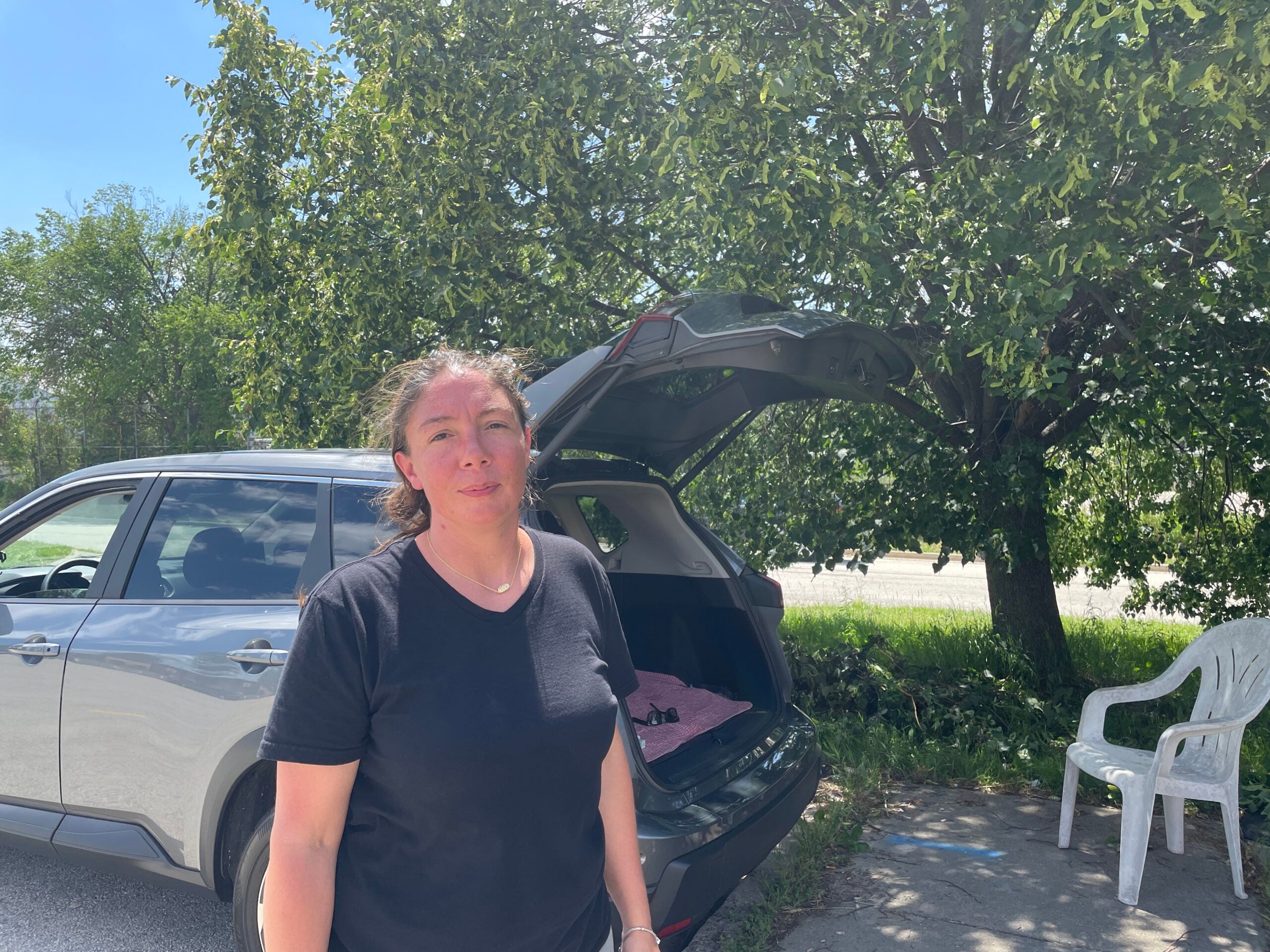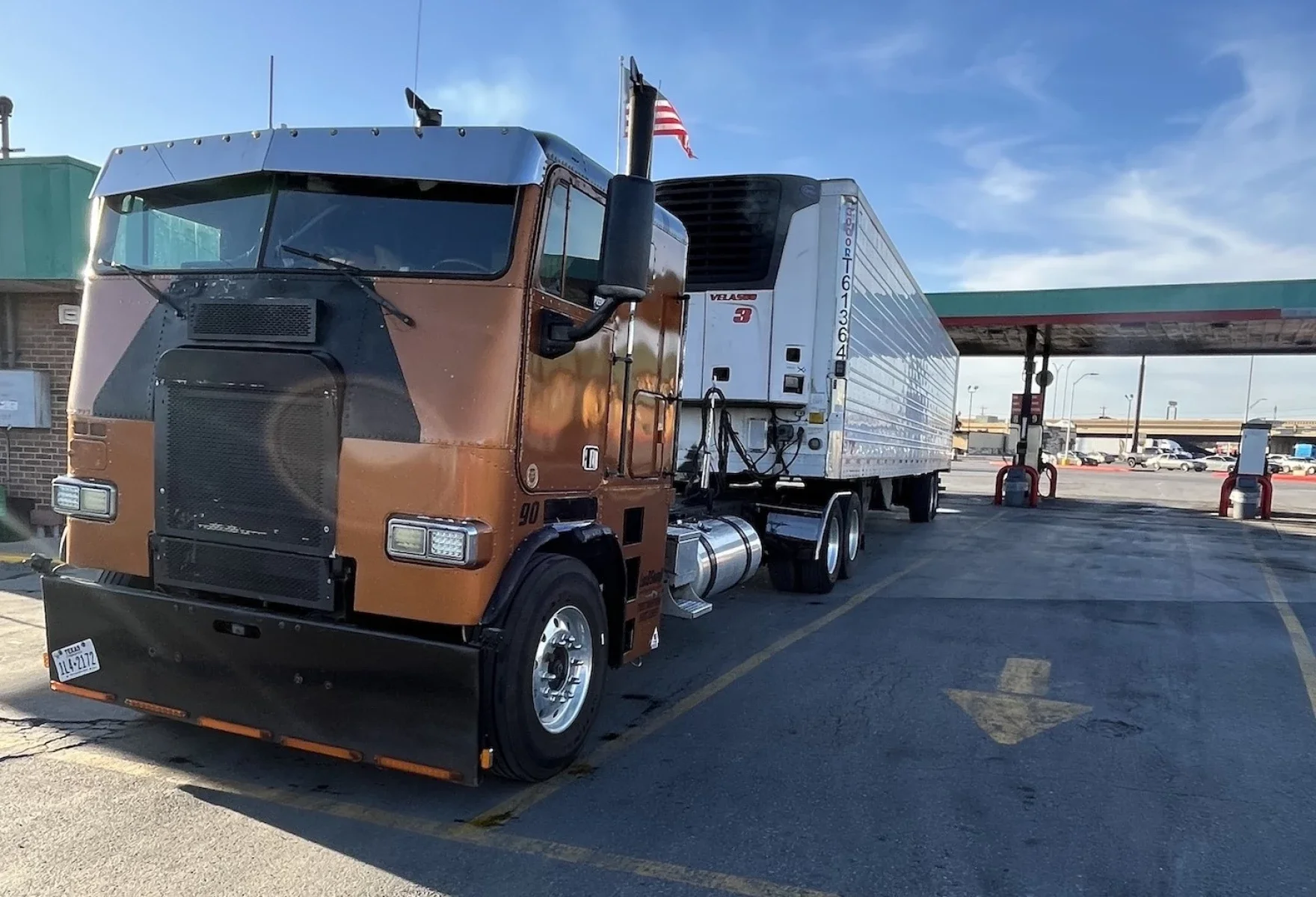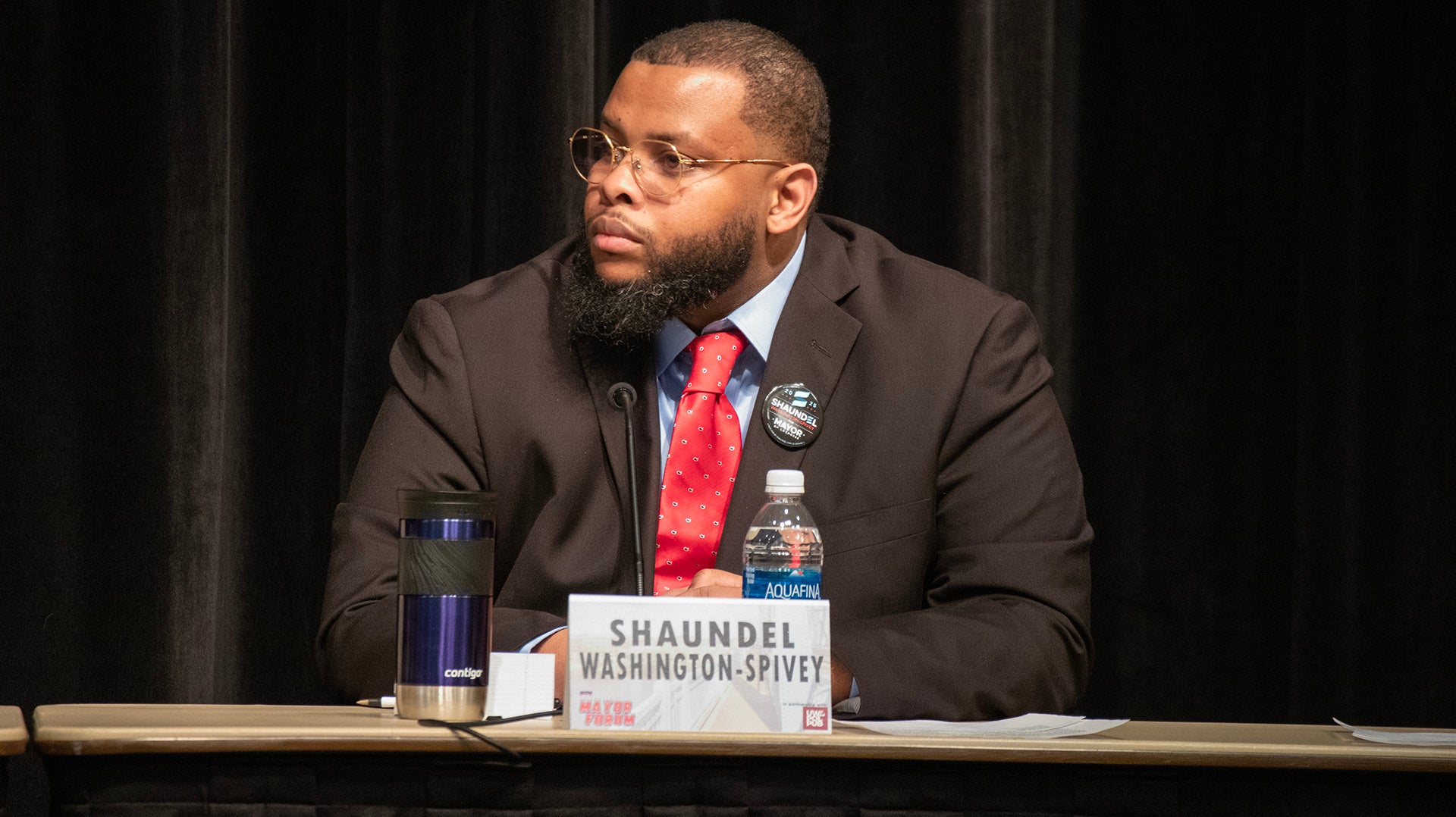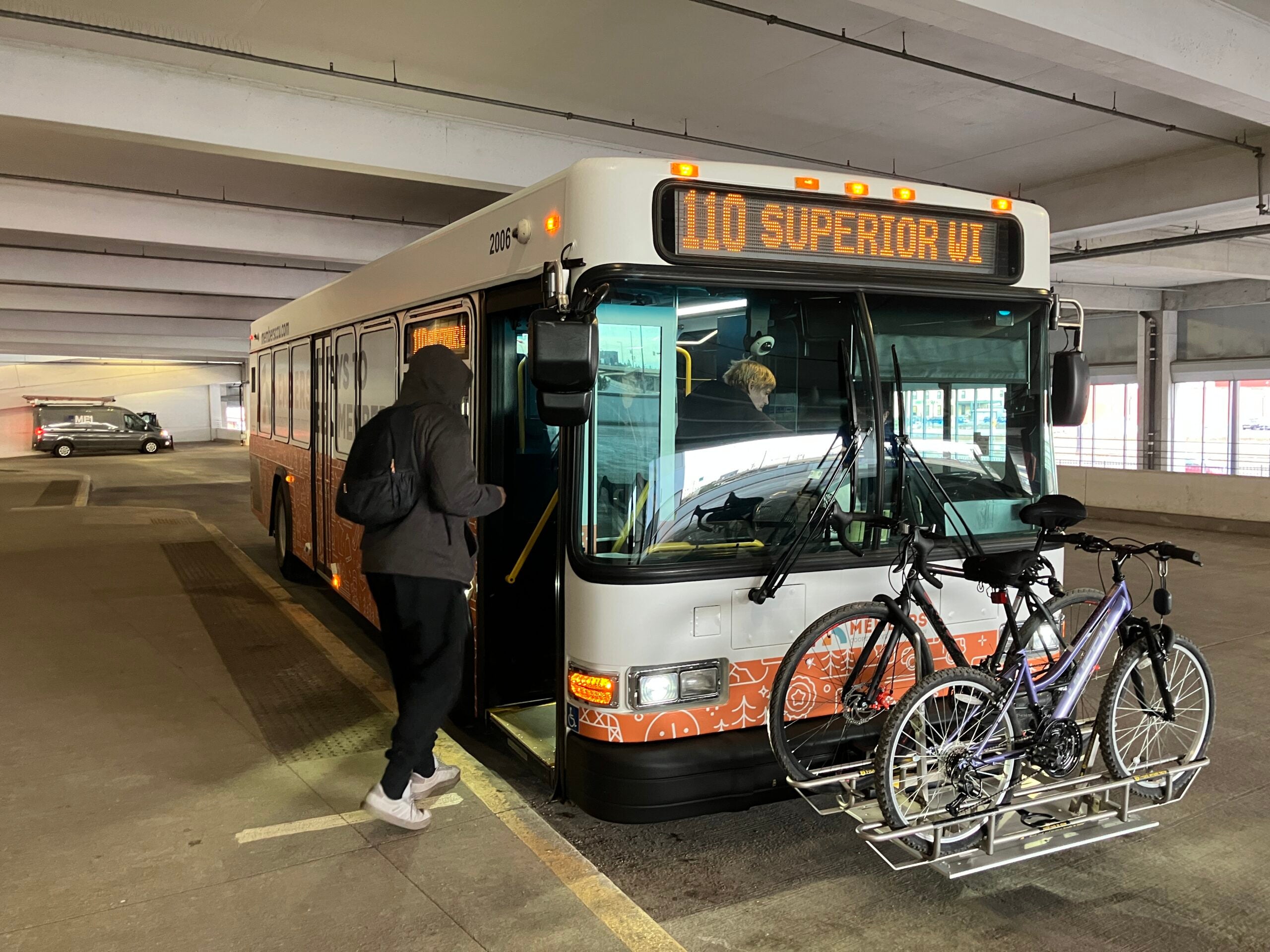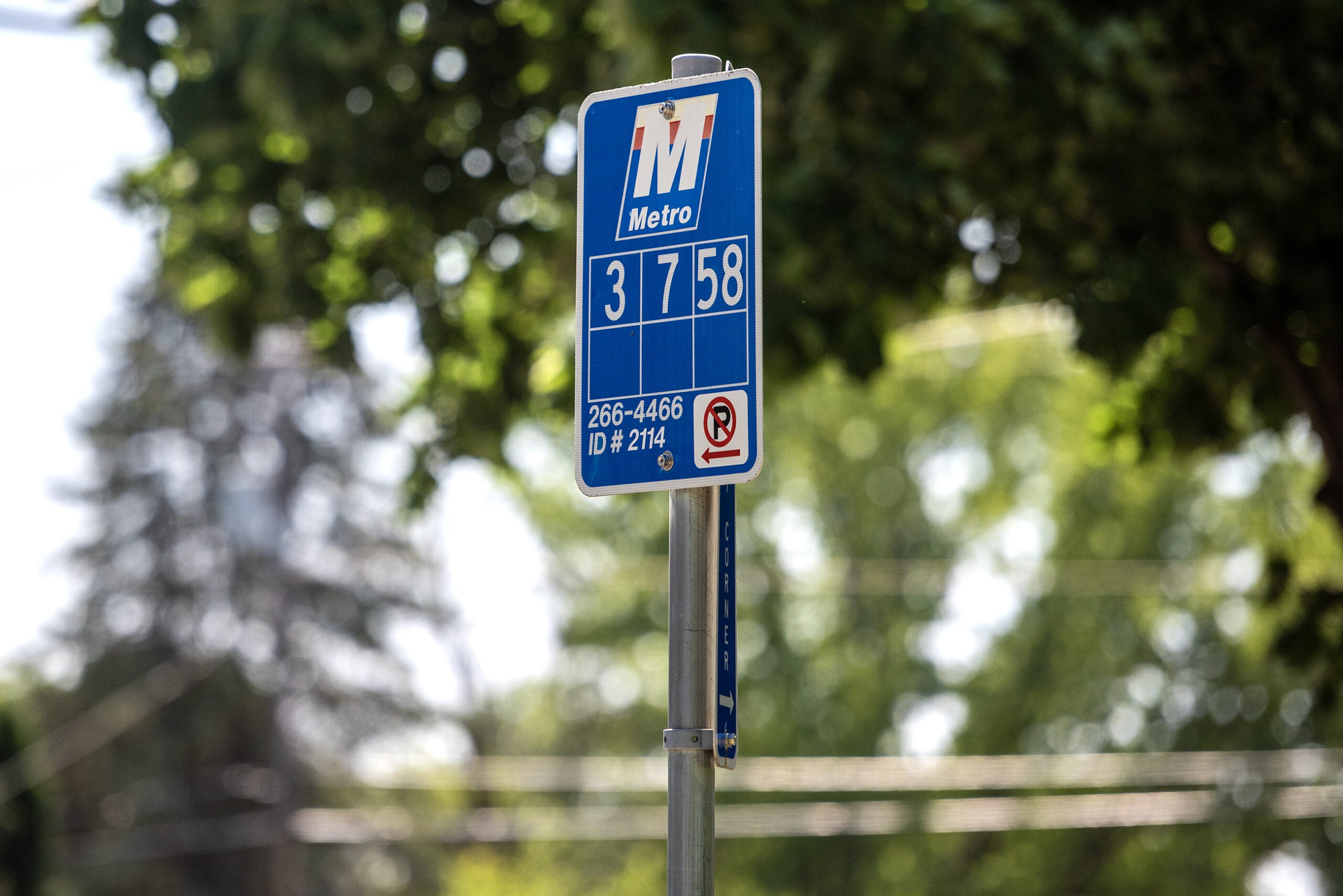La Crosse bus drivers are protesting a wage increase they say is inadequate to keep up with the impact of inflation and more disruptive behavior by passengers.
Members of the Amalgamated Transit Union Local 519 picketed outside the La Crosse Municipal Transit Center in the city’s downtown on Monday.
Local union president Todd Strasser said city leaders have offered just under a 3 percent annual pay increase to drivers in their next contract, which he said is inadequate to attract and retain drivers.
News with a little more humanity
WPR’s “Wisconsin Today” newsletter keeps you connected to the state you love without feeling overwhelmed. No paywall. No agenda. No corporate filter.
“We’re competing with every other (commercial driver’s license) place that is looking for help right now, with a $20,000 sign on bonus,” Strasser said at the picket. “We live in this community, we move this community, and let’s come together and get a deal done.”
The union is asking for a 4.5 percent annual wage increase. Strasser said the city could supply the increase using federal funding for transportation it received during the COVID-19 pandemic.
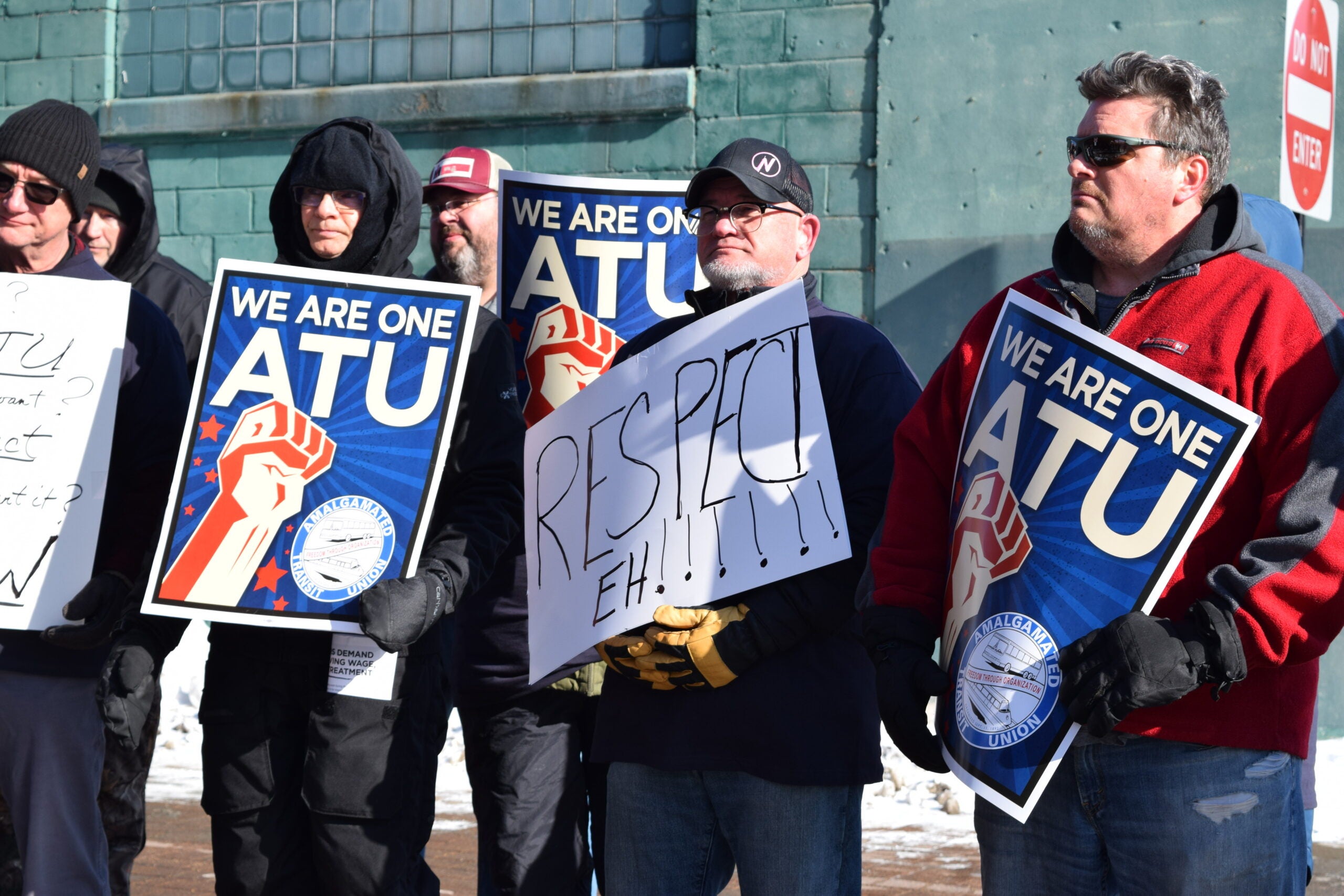
Strasser claims the city has used this funding for 14 percent pay increases over the last two years for transit department management. But wage data released by La Crosse Mayor Mitch Reynold’s office shows the department’s four management positions saw between an 11.2 to 12.75 percent raise from 2019 to 2022.
In an email sent Monday, Reynolds said these raises were not merit increases, but were due in part to a restructuring of transit management positions to improve operations. The employees also received standard step increases that are available to all city employees and a 1 percent cost of living adjustment given to city employees in 2020.
In an interview with Wisconsin Public Radio, Reynolds said the city used federal COVID-19 funds to cover operating expenses in 2020 because the city stopped charging fares to passengers. He said the funds also helped cover capital projects for the system and the remaining funds will go toward replacing the city’s aging fleet of buses.
Reynolds declined to comment on the ongoing union negotiations. But he said in general, the city has experienced the same hiring issues that many businesses have dealt with in the current job market.
“I’m not sure if that has to do with the pay scale or just the lack of available individuals,” he said. “But I think that that’s not anything that’s exclusive to city government or municipal government of any kind. I think that’s true in various industries.”
But Reynolds said many municipal leaders acknowledge that public sector pay is not keeping pace with the private sector, especially in specialized fields like finance and IT. He said part of the struggle is due to a lack of increases in shared revenue from the state Legislature.
Reynolds said the city provided all non-union employees with a 3 percent cost-of-living pay increase this year because of inflation, something they didn’t do in 2021 and 2022. He said they’ve given the same increase to police and fire union members under their current contracts.
But Strasser said the city’s unwillingness to budge on the annual pay increases has left transit union members feeling disrespected. He said bus drivers and other frontline workers were celebrated as heroes during the height of the pandemic. Strasser said now drivers are dealing with more disruptive behavior from passengers and even acts of violence. He said a driver was punched in the face at the downtown station last year and in recent months, a person who was denied access to a bus made racist comments and spit on a driver.
“This job wasn’t like this when I started 13 years ago,” Strasser said. “Our biggest conversation between drivers was, ‘Hey, we had a drunk passenger on the bus’ … and that was very rare. Now it’s like we’re calling the police almost once a week on a passenger with some issues.”
The city’s transit director said in an email that the department is focused on the safety of bus operators, including working with police and training drivers on deescalation tactics. New city buses will also have driver barriers.
La Crosse is not the first Wisconsin city to see transit employees push for better contracts. In November, the ATU chapter representing Milwaukee County Transit workers held their own rallies asking for higher wages and better health care. The Milwaukee Journal-Sentinel reported that Milwaukee transit drivers said a shortage of drivers was causing them to work overtime and even forgo breaks to maintain routes.
Strasser said La Crosse drivers worked almost 7,000 hours of overtime last year, and losing more drivers would have a negative impact on service.
“When we start not having enough drivers, that’s when routes get cut,” he said. “That’s when your grandma can’t go up to the grocery store, your uncle, we can’t haul him out to the VA.”
Editor’s Note: This story has been updated to reflect the city has already approved wage increases for police and fire union members.
Wisconsin Public Radio, © Copyright 2026, Board of Regents of the University of Wisconsin System and Wisconsin Educational Communications Board.
